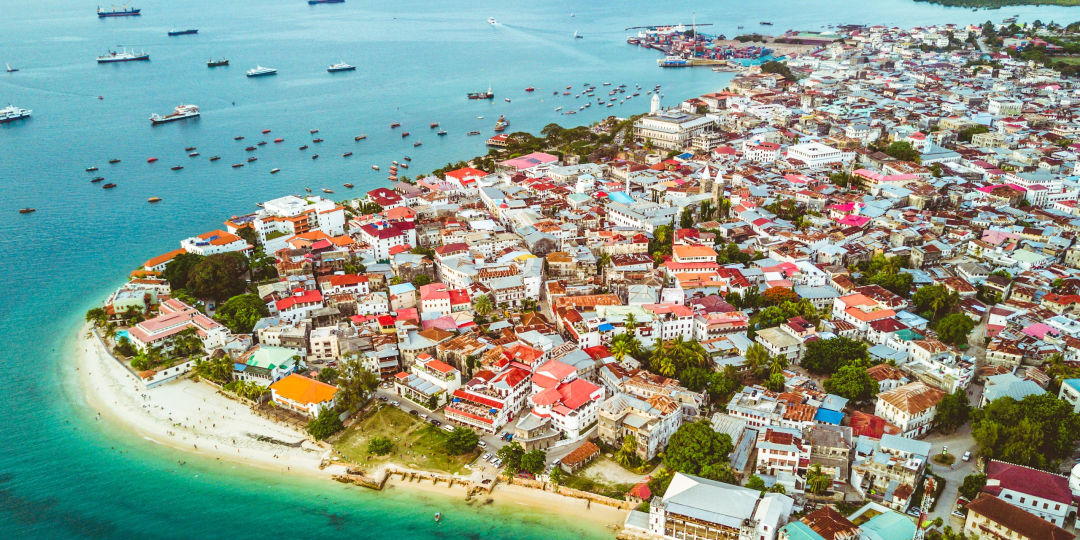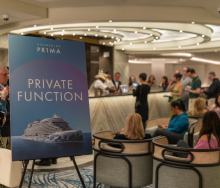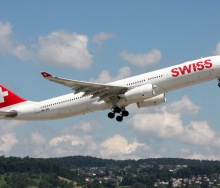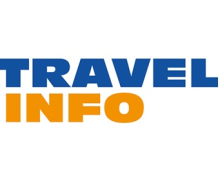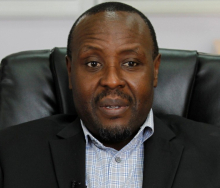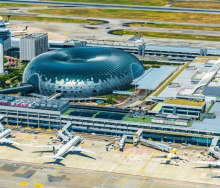MORE than one domestic airline in South Africa has expressed an interest in applying for Mango’s route rights to service Zanzibar, should the carrier be forced to relinquish those slots when an International Air Services Council (IASC) is reconstituted.
Mango is up for sale but prospective buyers could have time on their side regarding the retention of these route rights. Earlier this year, the Department of Transport extended all route rights until a new council was functioning. Judging by the fact that it has taken eight months for the DoT to even call for nominations for members of the council, this could be a lengthy process.
Mango has now been shelved indefinitely, at least until a new owner can be found. (See Travel News’s report, Mango is for sale.)
In the original Business Rescue (BR) plan that Mango presented to SAA, it was recommended that Mango restart operations in December to take advantage of seasonal demand and to protect its route rights. Even before the BR process started, Mango’s network had already shrunk radically to just two local routes and a coveted regional service connecting Johannesburg with Zanzibar.
Mango was grounded due to unpaid debts to ATNS on July 27 this year, which triggered the Business Rescue. The Zanzibar operations ground to a halt along with all its other flights, and there were no other direct flights from South Africa to Zanzibar. Since then, a seasonal charter service devised by Holiday Packages by AfricaStay, has been the only direct flight to Zanzibar out of South Africa. (NB: AfricaStay told Travel News it currently had three flights a week, which would fall to one a week in January, but in March would increase to two per week. The operator has managed to extend its charters into July 2022.)
South Africa’s domestic airlines hope that not only can Mango’s rights be redistributed, but also that more frequencies to Tanzania (which includes Zanzibar), can be negotiated between the governments of South Africa and Tanzania. The IASC can only assign operating rights to airlines based on the details and approved number of frequencies prescribed in the countries’ bilateral agreements.
The process to reconstitute the IASC has finally restarted after extensive delays (see here), but because of the long lapse, the Department of Transport extended all existing permissions.
Miles van der Molen, CemAir CEO, told Travel News that any airline that held the right to operate a specific route must commence services within one year, and couldn’t stop for more than three months.
According toVan der Molen, the existing bilateral agreement allows for a maximum of 28 flights to Tanzania, including services to Zanzibar, 26 of which are held by either South African Airways or Mango, and two more, which, he said, had been awarded to Airlink.
He said CemAir was definitely interested and would be applying to service Zanzibar. He believed the airline’s CRJ 900 was an ideal aircraft to make the direct route viable.
Slow process
While the travel trade will be eager to see more competition and capacity on the Zanzibar route, Van der Molen doesn’t expect any quick decisions. “The council probably won’t sit until February or March, and then they have a backlog to get through. Once you submit an application, there is a publication process, which is slow. Then, it is adjudicated by the council.”
He said the delay in appointing a new council was “diabolically bad”, adding that there would be a lot of pressure on the council.
Meanwhile, FlySafair is awaiting a decision on applications to service Harare and Victoria Falls when the new IASC is back up and running. Asked if it would consider applying for direct flights to Zanzibar, Kirby Gordon, Chief Marketing Officer of FlySafair said: “It’s probably something we’ll reconsider.”
Whether Mango can secure a buyer before the IASC is obliged to allow other carriers to be awarded the rights to fly to Zanzibar remains to be seen. But the issue of unused traffic rights remains a bone of contention in the South African aviation industry.
Some local airlines referred to the route rights still held by South African Express (SAX), which has been involved in a drawn-out liquidation process since April 2020, and other route rights held by SAA but not operated.
Another airline executive insisted that, strictly speaking, those unused traffic rights should be rescinded and made available for other airlines to bid for.
Airlink CEO and MD, Rodger Foster, has said that Airlink is interested in all the traffic rights, not just those held by SAX or Mango. “There are many unused traffic rights that are being held by others as well, like SAA,” he said.
